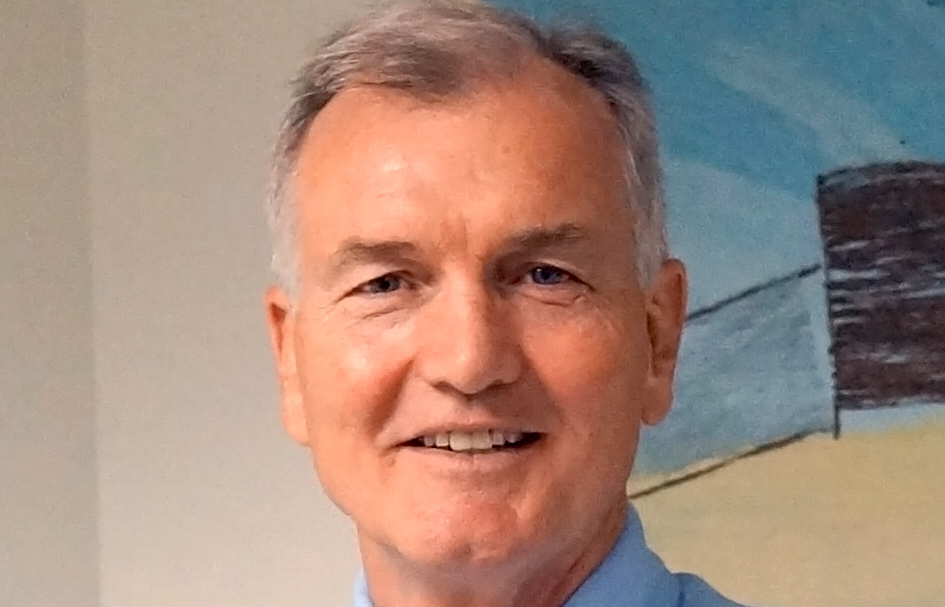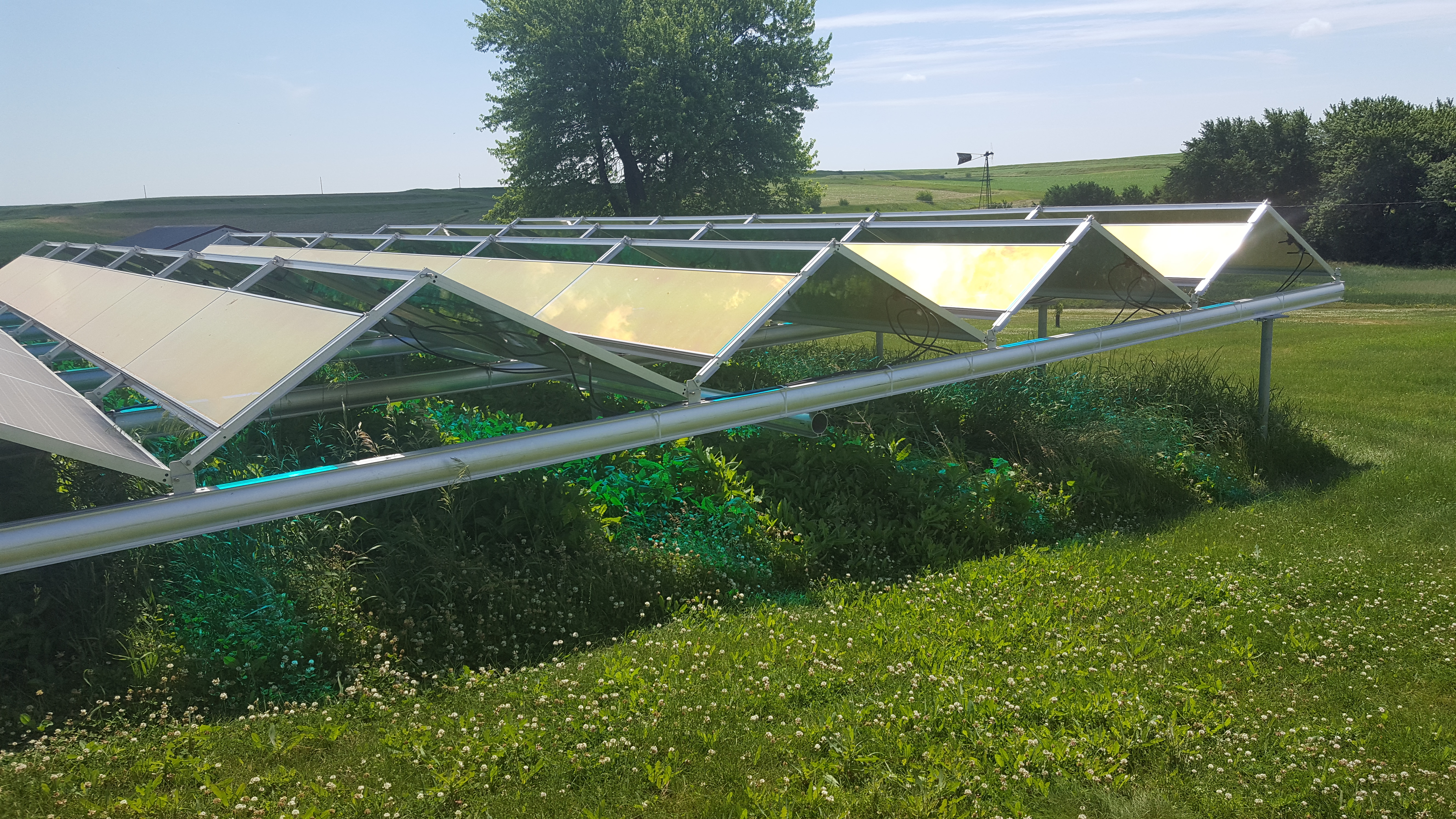FOR IMMEDIATE RELEASE, 12/16/09
Eric Nost, Environment Iowa | (515) 243-5835; cell (319) 621-0075 | enost@environmentiowa.org
New Report: Nuclear a Step Backwards in Effort Against Global Warming
Increasing investment in nuclear power will actually set the U.S. back in the effort to reduce global warming pollution, according to a new report released today by Environment Iowa.
“When it comes to global warming, time and money are of the essence and nuclear power will fail the U.S. on both accounts,” said Eric Nost, state associate at Environment Iowa. “With government dollars more precious than ever, nuclear power is a foolish investment.”
“Instead, we support the promotion of research and development of sustainable energy technologies for domestic use and export as well as adopting incentives for the production and use of renewable energy,” added Deborah Fink of the Iowa chapter of the Friends Committee on National Legislation.
As world leaders arrive in Copenhagen to negotiate a treaty on reducing carbon dioxide emissions, several U.S. Senators and industry groups have proposed spending hundreds of billions of dollars in nuclear power as a solution to global warming.
The new report, Generating Failure: How Building Nuclear Power Plants Would Set America Back in the Race Against Global Warming, analyzes the role, under a best-case scenario, that nuclear power could play in reducing pollution. Key findings of the report include:
- To avoid the most catastrophic impacts of global warming, the U.S. needs to cut power plant emissions roughly in half over the next 10 years.
- Nuclear power is too slow to contribute to this effort. No new reactors are now under construction and building a single reactor could take 10 years or longer, while costing billions of dollars.
- Even if the nuclear industry somehow managed to build 100 new nuclear reactors by 2030, nuclear power could reduce total U.S. emissions over the next 20 years by only 12 percent.
The U.S. currently operates about 100 active reactors, one of which – NextEra's Duane Arnold Energy Center – is located near Cedar Rapids. Nuclear power accounts for about ten percent of Iowa's electrical supply.
In contrast to building new nuclear plants, efficiency and renewable energy can immediately and significantly reduce electricity consumption and carbon emissions. The report found that:
- Efficiency programs are already cutting electricity consumption by 1-2 percent annually in leading states, and the wind industry is already building the equivalent of three nuclear reactors per year in wind farms, many of which are in Iowa.
- Building 100 new reactors would require an up-front investment on the order of $600 billion dollars – money which could cut at least twice as much carbon pollution by 2030 if invested in clean energy. Taking into account the ongoing costs of running the nuclear plants, clean energy could deliver 5 times more pollution-cutting progress per dollar.
- Nuclear power is not necessary to provide carbon-free electricity for the long haul. The need for base-load power is exaggerated and small-scale, local energy solutions can actually enhance the reliability of the electric grid.
“For instance, solar energy is the cleanest, most abundant, renewable energy source available, and is an excellent resource for Iowa. As a mature and proven technology, a solar photovoltaic system is the ideal way for Iowa homes and businesses to lower utility bills and move closer to energy independence,” noted Michelle Wei of GWA International, a Des Moines-based energy and environmental consulting firm.
“Because solar energy can be produced on rooftops or on ground-mounted fixtures close to where the energy is used, GWA International believes the wide spread adoption and support through state rebates, tax credits, and streamlined and consistent approval processes of solar in Iowa can reduce the cost of energy while avoiding the need for future electric generating plants and reduce the need for new transmission lines.”
In order to address global warming, policy makers should focus on improving energy efficiency and generating electricity from clean sources that never run out – like solar, as well as wind, biomass, and geothermal.
“Our Senators should stand up for Iowans' wallets, keeping wasteful subsidies to the nuclear industry out of pending climate legislation and instead advocating for clean energy jobs that will get us on the track to actually solving global warming,” concluded Nost.
###
Environment Iowa is a citizen-funded advocacy organization working for clean air, clean water, and open space. For more information, visit www.environmentiowa.org




